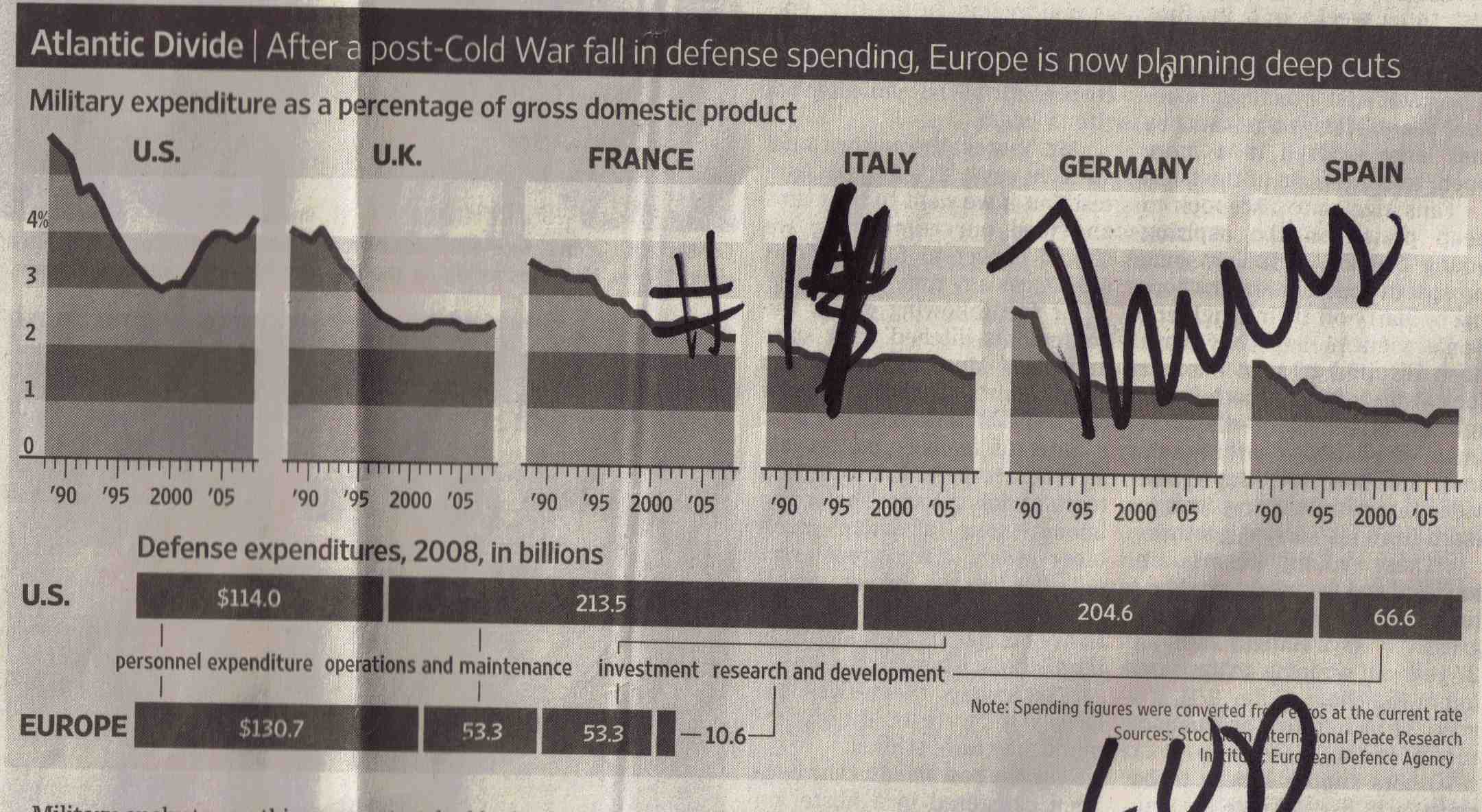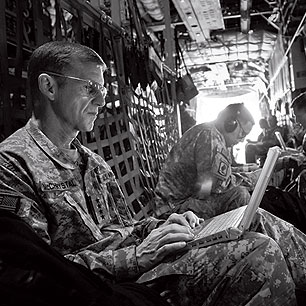
The periodic chart in the NYT that tracks trends over the years in Iraq and Afghanistan and now Pakistan too.
Unsurprisingly, the numbers are inconclusive in the latter two, reflecting the previous neglect and now the heightened effort.
The only numbers here that jump out are from Iraq.
Somehow we go down from 153k US troops to just 95k, while the Iraqis go up from 445k to 665k and EVERYBODY'S deaths go down dramatically--ours and theirs (to include their civilians).
Hard not to call that victory, and that's important to remember. Bush-Cheney screwed up the postwar, and then spent years resisting the move to serious COIN, finally giving in after the 2006 election rebuff. When the generals really took over and did what their own hearts and minds told them was right, we got success. Didn't come in a flash and it cost plenty, but we got success.
That's where the rush job now on Af-Pak strikes me as destined to fail--and prove nothing, especially when we doom ourselves by aligning with Pakistan.
Where I was wrong on Iraq: I did not believe that the COIN would be enough absent a regionalization effort that included some cool-down on Iran. I still think we'd have a much more stable Iraq with such an effort, but I clearly underestimated our ability to stabilize Iraq and put the civil war dynamics on the backburner. Iran's domestic troubles have helped in this regard, but we are still a long ways away from engaging Iran more sensibly on the nukes. There I see a postwar generation of leaders not unlike the Brezhnev crew in the USSR (in relation to the Great Patriotic War) that are brutal enough in their repression but clearly calculating in their brinkmanship with the West and essentially obsessed with getting their revolution historically recognized by the West in the form of admitting their "power" achievements--to include nukes that protect them from regime change. In sum, I don't view Iran as irrational. We've been down this pathetic path before and we know how to handle it. So the regionalization logic, while deferred, still awaits Iran's clear achievement of nuclear weaponization, which is coming.
On Afghanistan, I will stick to the same regionalization logic, because Pakistan's interests here are so strong in seeing Kabul dominated by a Pashtun/Taliban dynamic in the south. As with Iraq, I see a larger player (India) that must be satisfied on some level if we want true regional security to emerge (and guess what, it's basically another unofficial nuclear power, as is its rival Pakistan).
In the end, both of these regional efforts at security regimes will resemble what we did in Europe following WWII, and yes, even there it took about 30 years to work itself out, but our patience and our engagement and our military resolve all paid out magnificently.
 Monday, July 19, 2010 at 12:02AM
Monday, July 19, 2010 at 12:02AM  Nice piece by Greg Jaffe in WAPO about how the wars in Iraq and Afghanistan have lead to a return of old US political tradition of firing generals during wartime. This may seem like new stuff, but it ain't. Go back to the Civil War and Lincoln's stretch of going through generals at high speed, or WWII when failing generals were fired at a rapid pace early in the war.
Nice piece by Greg Jaffe in WAPO about how the wars in Iraq and Afghanistan have lead to a return of old US political tradition of firing generals during wartime. This may seem like new stuff, but it ain't. Go back to the Civil War and Lincoln's stretch of going through generals at high speed, or WWII when failing generals were fired at a rapid pace early in the war.



























